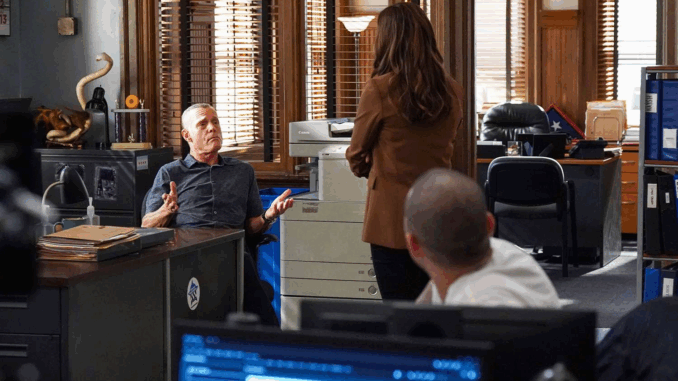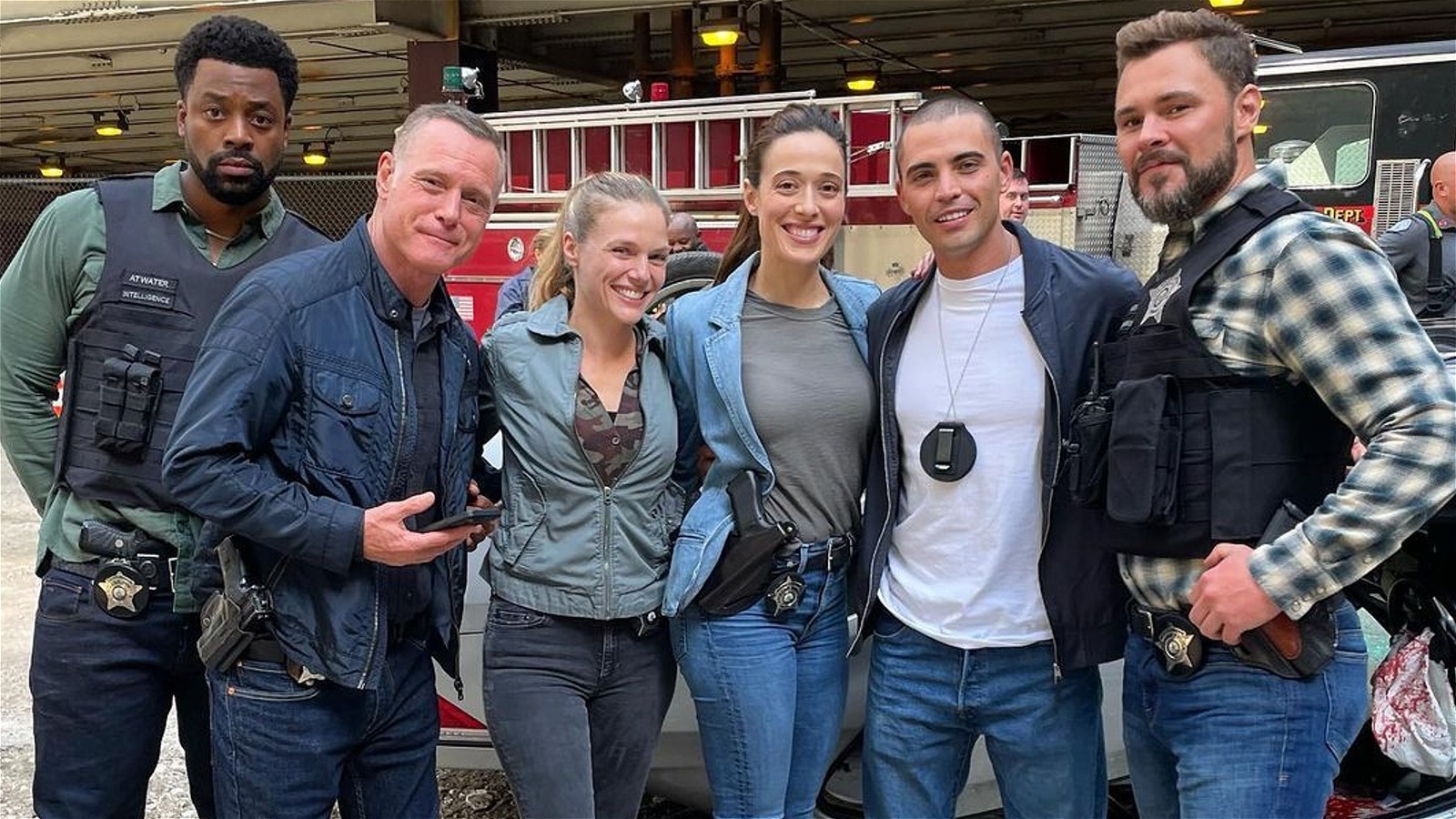
In the bustling, often chaotic metropolis of Chicago, where the lines between right and wrong can blur, “Chicago P.D.” stands as a raw and compelling exploration of modern law enforcement. More than just a typical police procedural, the series redefines the genre by delving into the complex moral ambiguities, personal sacrifices, and relentless pursuit of justice undertaken by the elite Intelligence Unit of the Chicago Police Department. It’s a show that dares to ask difficult questions about the nature of policing in contemporary society.
One of the most striking aspects of “Chicago P.D.” is its willingness to portray the darker, less glamorous side of police work. The series doesn’t shy away from showcasing the ethical compromises, the intense psychological toll, and the systemic challenges that officers face daily. Unlike many procedurals that offer clear-cut heroes and villains, “Chicago P.D.” presents a world painted in shades of gray, particularly through its central figure, Sergeant Hank Voight. His character is a masterclass in moral complexity – a man who operates outside conventional rules, driven by a deep-seated desire for justice, even if it means resorting to questionable tactics. This nuanced portrayal forces viewers to grapple with uncomfortable truths about what it takes to fight crime in a brutal urban environment.
The show’s commitment to realism is another significant factor in its appeal. “Chicago P.D.” often draws inspiration from real-life headlines and criminal cases, grounding its narratives in the gritty realities of Chicago. The tactical sequences, from raids to arrests, are meticulously crafted, reflecting genuine police procedures and equipment. This authenticity not only enhances the viewer’s immersion but also pays homage to the challenging work of real police officers. The series effectively conveys the constant danger and unpredictability of the job, making every confrontation and every investigation feel genuinely high-stakes.

Beyond the crime-solving, “Chicago P.D.” deeply explores the personal impact of the job on its characters. The members of the Intelligence Unit are not just colleagues; they are a surrogate family, bound by shared trauma, unwavering loyalty, and a deep understanding of the unique pressures they face. The show delves into their relationships, their struggles with PTSD, their attempts to maintain personal lives amidst the chaos, and their unwavering commitment to protecting their city. This emphasis on character development and interpersonal dynamics adds profound emotional depth to the series, making the stakes feel incredibly personal for both the characters and the audience.
Furthermore, as a vital component of the “One Chicago” universe, “Chicago P.D.” seamlessly integrates with “Chicago Fire” and “Chicago Med.” These crossover events enhance the narrative scope, showcasing the collaborative efforts of Chicago’s first responders and providing a more comprehensive view of emergency services. This interconnectedness allows for richer storytelling and strengthens the bond between the shows, creating a loyal fanbase invested in the entire Chicago universe. “Chicago P.P.” isn’t just a police show; it’s a compelling, often challenging, and deeply human examination of what it truly means to wear the badge in a world where the thin blue line is constantly tested.